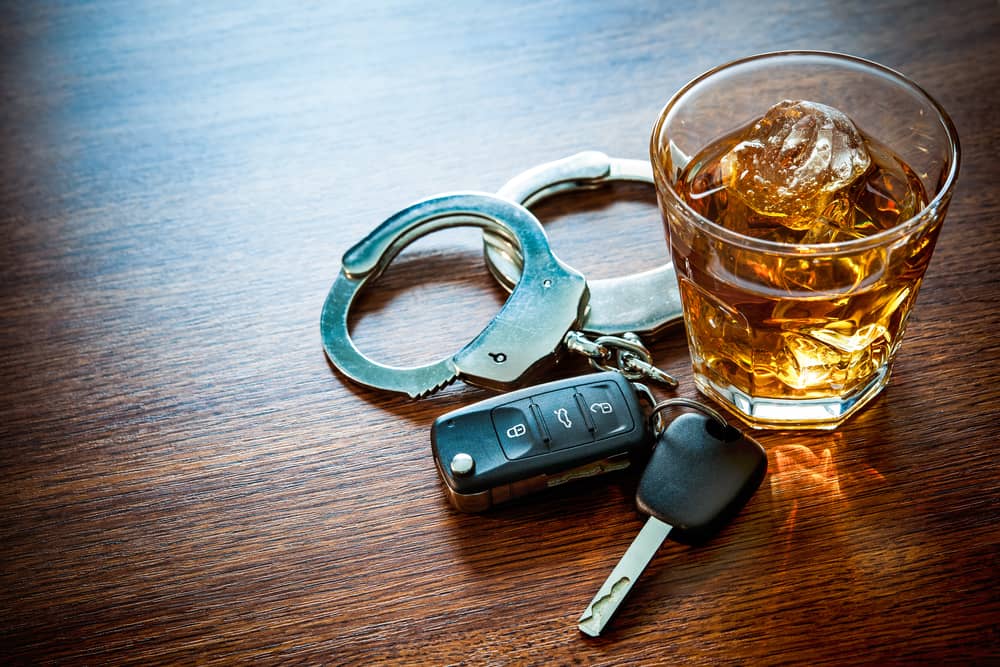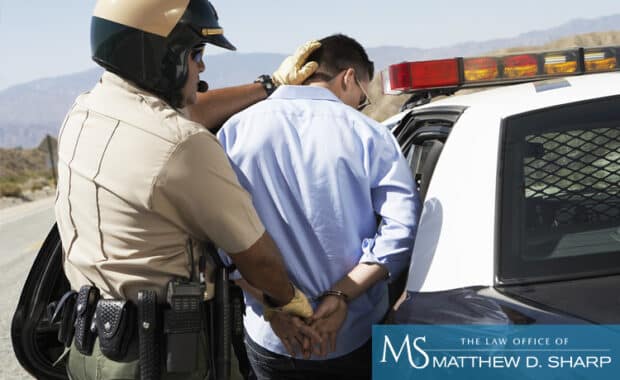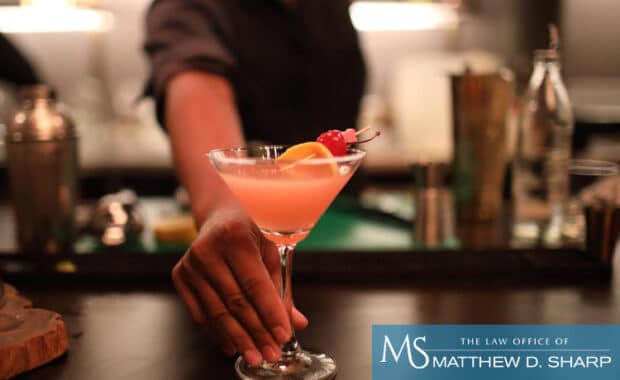Underage drinking continues to be a major problem in Texas. That’s why we’ve prepared Your Legal Guide to Underage Drinking in Texas.
Texas’ numerous laws and penalties associated with underage drinking reflect the legal bottom line. The state of Texas takes underage drinking extremely seriously.
If you, a relative, or friend is considering consuming, possessing, or buying alcohol for someone less than 18 years of age in Texas, consider the facts and consequences provided below.
Definition of Underage Drinking
The Texas minimum drinking age varies according to whom and to where the drinker is served alcoholic beverages. Waiters, bartenders, and other alcohol servers must be a minimum of 18 years of age in places where spirits, beer, and wine are sold.
The drinking age is 21 in Texas. It was raised from 18 years in 1971, to 19 years in 1979, and to 21 years in 1984 as legislators sought to curb drunk-driving instances.
However, there are exceptions to the law. An individual less than 21 years of age may drink at home when supervised and permitted by an adult. The adult must be present on the premises when a minor individual is served alcohol.
Underage Drinking in Texas
The FBI Uniform Crime Report says that more than 130,000 minors less than 18 years of age were arrested for drunk driving in Texas. In addition, almost 1,000 minors less than 18 years old were charged with DUI. In addition, the Texas School Substance Abuse survey reports that alcohol is the drug of choice by most Texas high school students:
- Almost one-fourth of secondary students in Texas say they have had five-plus alcoholic drinks on one occasion.
- Experts report that binge drinking may lead to later serious health problems.
- Students surveyed say it’s easy to get alcohol when they want it.
- Most students said they first drank alcohol at age 14.
Many minor drinkers don’t consider alcohol possession or consumption as a serious criminal offense. Unfortunately, underage drinking can lead to juvenile conviction and serious consequences.
Penalties for Minors in Possession of Alcohol
A minor found drinking alcohol faces severe consequences in Texas. Any individual younger than 21 years of age who buys alcohol, becomes intoxicated in a public place, lies about his or her age to obtain or purchase alcohol, or who attempts to buy, consume or possess alcohol faces arrest and being charged with Minor in Possession (MIP), or underage drinking.
This is an alcohol-related crime and a Class C misdemeanor, punishable by:
- Up to $500 in fines
- Court-ordered participation in an alcohol awareness education class
- Up to 40 hours’ community service
- Lost driving privileges for 30 days to 180 days
A minor over age 17 may face maximum $2,000 fines, up to 180 days behind bars, and an automatic suspension or revocation of his or her driver’s license.
Texas Zero Tolerance Law
It’s illegal for any individual less than 21 years of age to operate any motor vehicle, including watercraft, publicly with any detectable amount of alcohol in his or her system:
- If convicted of a first offense, he or she faces a Class C misdemeanor, punishable by fines up to $500; mandated alcohol awareness education; up to 40 hours’ community service; and up to 60 days’ suspension of his or her driver’s license. He or she isn’t eligible for a Texas occupational license for 30 days.
- If convicted of a second offense, the minor defendant faces a Class C misdemeanor, punishable by a maximum $500 fine; court-required alcohol awareness classes; up to 60 hours’ community service; and up to 120 days’ license suspension. He or she is ineligible for an occupational license for 90 days.
- If convicted of a third offense, he or she is ineligible for deferred adjudication. His or her license is suspended for up to 180 days and he or she is ineligible for an occupational license during the suspension period. If the defendant is at least 17 years of age, he or she faces maximum $2,000 in fines and a jail term of up to 180 days.
Use of a False ID
Under the “Use it and lose it” law, where use refers to alcohol, it’s illegal to use a false identification to buy alcohol. It’s a criminal offense. If convicted, you or your loved one will face a judge and do possible jail time.
At the minimum, it’s possible to lose your Texas driver’s license. Minors who consume or possess alcohol face the possible loss of their driver’s license.
Contact Houston criminal lawyer Matthew Sharp about your case »
Penalties for Underage Drinking
Even if you’re aware of the law that forbids the minor to buy, possess or drink alcohol, many minors decide to do it anyway.
In that case, the Texas Department of Transportation (TDoT) will weigh in on your decision to break the law:
- On a first offense, merely possessing alcohol (when the minor doesn’t consume it) can mean a suspension of the defendant’s driver’s license for 30 to 80 days, a maximum of 40 hours’ community service, and court-ordered alcohol awareness classes.
- On a subsequent offense, the defendant faces up to $2,000 in fines and a maximum jail sentence of 180 days.
- When a minor faces a drinking and driving offense, he or she faces identical penalties to the above-referenced possession of alcohol offense.
- On a subsequent offense, the minor faces loss of his or her Texas driver’s license for up to 12 months plus court-ordered alcohol awareness education.
Adults face serious charges when they choose to serve or buy alcohol for a minor:
- On a first offense, the adult faces a Class a misdemeanor charge and maximum fines up to $4,000 and/or up to one year in jail. He or she will also face driver’s license revocation.
- When the adult isn’t the minor’s parent or guardian and he or she is over the age of 21, he or she faces liability for damages if the minor caused these while under the influence of alcohol.
Selling alcohol to a minor is a Class A misdemeanor, punishable by a maximum $4,000 fine and/or up to one year in jail.
Exceptions to the Law
In some instances, it’s legally permitted for the minor in Texas to possess, buy, or consume alcohol, including:
- For the purpose of doing his or her job, a minor employed by a business serving alcohol may legally possess alcohol. However, he or she may not consume alcohol as a minor.
- When directly supervised by a parent, adult spouse or guardian, a minor may consume or possess alcoholic beverages.
- If a minor individual is working with law enforcement during a sting operation (such as for the purposes of trying to identify businesses that sell alcohol to minor individuals), he or she may purchase, try to purchase, or misrepresent his or her age in attempts to catch alleged perpetrators.
- A minor who drinks or possesses alcohol may contact emergency services for the benefit of another minor who might be in danger of alcohol poisoning and may be exempt from prosecution. In order to qualify for the exemption, he or she must be the first individual to make the emergency call, remain on the scene until help arrives, and cooperate with police and emergency personnel.
Consequences of Underage Drinking in Texas
You face serious legal consequences if you choose to drink and drive in Texas. Drivers under the age of 21 cause a disproportionately high number of DUI-related motor vehicle collisions and fatalities. They also face more severe standards and harsh penalties if convicted.
Texas is tough on DUIs.
It’s illegal for any driver to operate a motor vehicle with a blood alcohol concentration (BAC) of 0.08 percent or more.
Texas law is even stricter for minors. Texas’ zero tolerance rule says that Texas drivers less than 21 years old can’t have a BAC higher than 0.00. A minor driver with a BAC greater than 0.00 percent may face a DUI conviction.
Is It Worth It?
Excitement at a party, peer pressure, or believing that it’s possible to handle the effects of alcohol are common reasons minors choose to consume alcohol.
Before making the decision to drink alcohol, remember that you face loss of your driving privileges and a misdemeanor or criminal offense on your permanent record.
Think ahead. Don’t put your future at risk.
Contact a Texas Underage Drinking Lawyer
Minors charged with underage drinking face complex laws and penalties. If you or your son or daughter is charged with a DUI, it’s imperative to get advice from a Texas DUI defense lawyer who’s experienced in handling underage DUI cases.
Get advice now before moving ahead with a plea bargain. An underage drinking DUI defense lawyer may be instrumental in getting the charges reduced or even dismissed.
Contact The Law Office of Matthew D. Sharp in Houston now at 713-999-4634 to schedule an initial case review.






